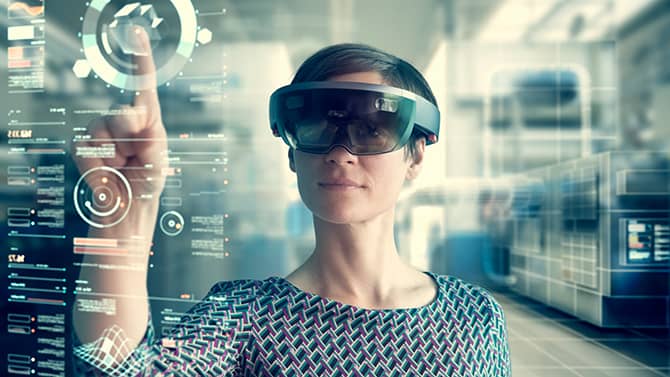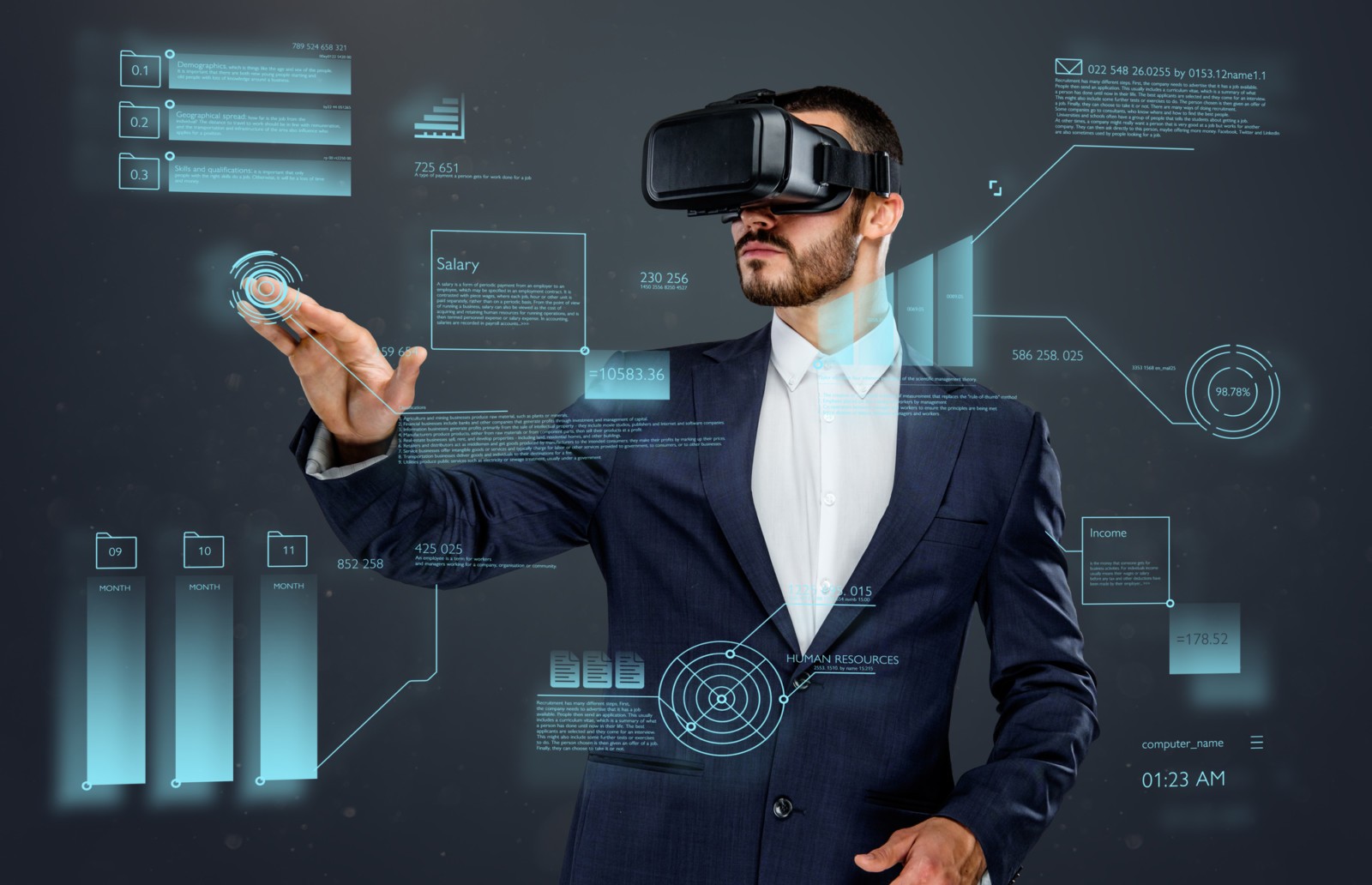In recent years, augmented reality (AR) and virtual reality (VR) technologies have been developing rapidly, offering new horizons in various spheres of life. These technologies are already having a significant impact on education, entertainment, and business, transforming traditional approaches and creating new opportunities. Let's take a look at how AR and VR affect these areas and what prospects they open.
1. Education
1.1 Interactive Learning
Augmented and virtual reality are radically changing the way we learn, providing new tools for interactive education. Virtual classrooms and simulations allow students to immerse themselves in complex topics such as history, astronomy, and biology in a three-dimensional way. For example, VR tours of ancient cities or the internal structures of the human body can help you better understand and remember the material.
1.2 Practical training
In medicine and engineering, VR creates a safe environment for hands-on activities, such as surgery or working with hazardous materials. Simulators allow students and professionals to hone their skills without risking life and health. Virtual simulators for pilots and drivers also provide the opportunity to train in conditions close to real life.
1.3 Accessibility of education
AR and VR provide access to quality education for people in remote or disadvantaged regions. Virtual universities and online courses allow you to learn from the comfort of your home, which is especially important in the face of global crises such as the COVID-19 pandemic.
2. Entertainment
2.1 Gaming industry
The gaming industry was one of the first to use VR and AR en masse. VR games such as Beat Saber and Half-Life: Alyx provide players with unique, immersive experiences that would be impossible to create using traditional means. AR games like Pokémon GO blur the lines between the real world and the virtual space, providing new forms of interaction and socialization.
2.2 Virtual concerts and events
In recent years, virtual concerts and events have become increasingly popular. Artists and organizers use VR to create unique, interactive shows, allowing viewers to be part of the event from the comfort of their homes. Such events open up new opportunities to engage with audiences and can offer new forms of entertainment that were not available before.

2.3 Media and film industry
Virtual reality is also finding applications in the creation of new forms of content. VR films and documentaries provide viewers with the opportunity to immerse themselves in what is happening, feeling part of the story. Interactive film projects allow viewers to make decisions that affect the development of the plot, which creates new forms of narrative experience.
3. Business
3.1 Employee Training and Development
Many companies are already using VR to train their employees. Corporate training and simulations help employees learn new skills and procedures in a secure virtual environment. This is especially true in areas such as industry, medicine, and customer service.
3.2 Visualization of products and services
AR and VR greatly simplify the process of visualizing products and services. In retail, for example, customers can use AR apps to try on clothes or furniture in their home. In VR, you can create fully immersive presentations of new products that allow customers and partners to experience the product in a virtual environment before it is physically created.
3.3 Marketing and advertising
Many companies are incorporating AR and VR into their marketing strategies to create more engaging and memorable content. Examples include virtual tours of properties, interactive advertising campaigns, and experiential marketing activities. These technologies help brands attract attention and increase customer engagement.
Conclusion
Augmented and virtual reality are powerful tools that can radically change various aspects of our lives. In education, entertainment, and business, they create new opportunities for interaction, learning, and presentation. As these technologies evolve, we can expect even more innovative solutions and applications that will make our world more dynamic and connected. AR and VR technologies are becoming important elements in the evolution of modern approaches to learning, entertainment and doing business, opening up new horizons for future generations.
